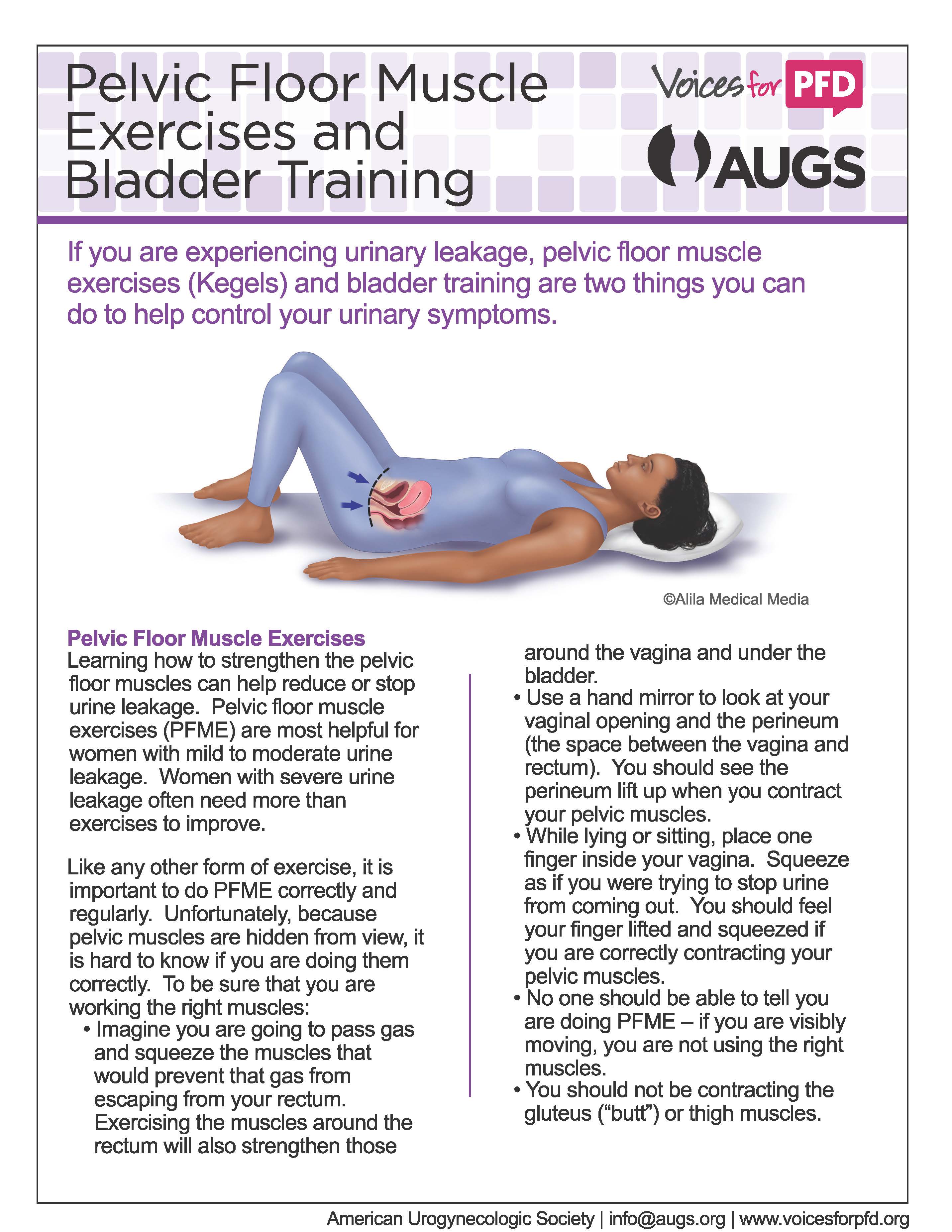
September 12, 2024
Pee Urinary Incontinence A Summary
6 Means To Treat Bladder Leakage According to the National Organization for Continence, over 25 million adult Americans experience momentary or persistent urinary incontinence. UI can happen at any type of age, but it is much more common amongst females over 50. Urinary system urinary incontinence may be a short-term problem that results from an underlying medical condition. It can range from the pain of minor losses of pee to extreme, regular wetting. Whether experiencing hormonal adjustments throughout puberty, menstruation, maternity, or menopause, women can benefit from INNOVO's non-invasive and clinically proven strategy to pelvic floor conditioning.Problems
Why do I leak urine after my period?
- Hormones impact hair's natural cycle and structure.Skin problems.Sex-related symptoms.Weight changes.Mood and rest issues.Digestive distress. Hormone control or birth control medication.Hormone substitute medications.Anti-androgen medications.Vaginal estrogen.Clomiphene and letrozole.Assisted reproductive
- technology.Metformin.Levothyroxine. Antidiuretic hormone('ADH)is a chemical generated in the mind that triggers the kidneys to release less water, lowering the amount of pee produced. A high ADH degree triggers the body to produce less urine.

Neurologic Causes
Botox may be valuable for individuals that haven't replied to various other medicines. Your healthcare service provider might recommend duplicating the shots once or twice a year. These local therapies supply estrogen straight to your vaginal cells, aiding recover wetness and elasticity. Urinary urinary incontinence affects as much as 50% of adult women-- and it gets significantly common with age. These hormone shifts can influence bladder function and urinary system practices, materializing as urinary signs and symptoms such as enhanced frequency, urgency, or leak. Low degrees of estrogen and urinary system incontinence work together. As females age and start coming close to menopause, the ovaries slow down the process of making estrogen, and the degrees of this women sex hormonal agent normally decline in the body. [newline] Ultimately, with menopause, the production of estrogen quits, and this impacts the body in numerous means. Without estrogen, females find it tough to keep healthy urologic features during and after menopause. Bladder control for women begins alongside their last menstruation duration and enhances afterwards. Urethral inexperience generally results in periodic urinary incontinence, usually at remainder. Hormone therapy (estrogen) in postmenopausal females eases urinary system regularity which brings about raise in the stamina of muscle mass around the bladder. Althoughbasic science around is restricted, a recent placebo-controlled, randomizedclinical test of estrogen alone sheds light on this issue. Urethral closureis based on the integrated activity of the suburethral genital wall, thepubourethral tendons, the pubococcygeus muscle mass, and the paraurethral connectivetissues. As you age, the muscle mass that sustain your pelvic body organs can damage. This implies that your bladder and urethra have much less assistance-- typically causing pee leakage. Major negative effects from imipramine are uncommon but can consist of heart and blood vessel problems. They might consist of an uneven heartbeat and lightheadedness or fainting from reduced blood pressure when you stand quickly. Children and older adults might be particularly in jeopardy of these negative effects. Provide your health care carrier a Learn more complete listing of your drugs before you begin taking this drug.- Reduced levels of estrogen and urinary system incontinence go together.
- A physical therapist that focuses on pelvic floor conditions can aid you understand the proper methods.
- The device suits the vaginal canal and offers assistance to vaginal cells displaced by pelvic organ prolapse.
- Without estrogen, women find it difficult to maintain healthy urologic features during and after menopause.
- Urinary urinary incontinence is specified as the uncontrolled loss of pee, generally in an undesirable place, creating social and sanitary problems.
Incontinence Items
Distinguishing between volunteer and uncontrolled peeing is essential to the diagnostic plan. 3 types of lesion of erosion, ectropion and cervical sores in post-me- nopause is seen more. Endocervix glandular cells activity throughout menopause and consequently the amount of mucin reduces that this triggers to genital dryness that develops as a major issue in postmenopausal women. 
Social Links